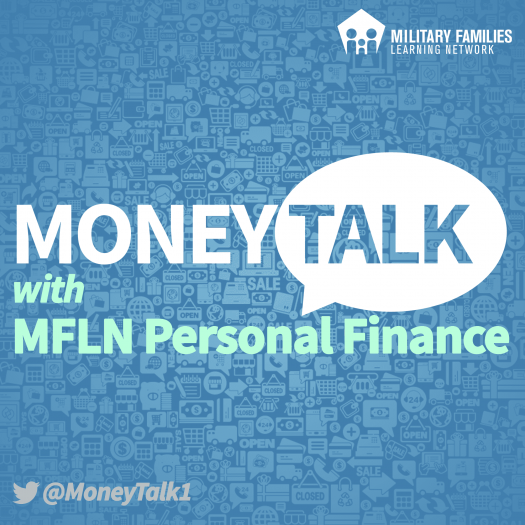al Finance Year in Review. Our annual year in review webinar has been hosted for the past 5 years by Dr. Barbara O’Neill and today she shares the 5 biggest highlights of this webinar. Watch the recording .
Show Notes
https://oneop.org/wp-content/uploads/2019/12/MoneyTalk-2019-in-Review_mixdown.mp3
What are some interesting 2019 research study results that were mentioned in the webinar?
The 2018 NFCS: 53% of 27,091 respondents agreed that thinking about finances made them anxious
Hearing about low saving amounts can de-motivate poor savers (they feel they are part of a big group)
Avoid “thinking blind spots” about financial goals by offering clients a master list of goals to pick from
Evidence of “as soon as…” thinking (sequential goals); encourage funding multiple goals concurrently
People respond better if you frame savings deposits granularly (i.e., $5 daily deposits vs. $150 per month)
Take care of physical health to reduce dementia risks with the same practices to reduce heart disease risk
People cut spending when they are told they spend more than others in similar circumstances
57% of Millennials spent money they weren’t planning to on products they saw in social media feeds
HS personal finance course mandates were associated with smarter student loan borrowing decisions
1 in 4 older adults report feelings of isolation; may shorten life expectancy as much as smoking
What were some interesting findings from federal government agency reports?
The Survey of Household Economics (SHED) found that 3 in 10 adults have a variable family income
SHED also found that 39% of respondents could not cover a $400 expense without borrowing or selling
SHED also found that 1 in 5 adults had major unexpected medical bills; 25% have no savings or pension
The Census Bureau reported that fewer Americans are living in poverty but more lack health insurance
Poverty rate was 11.8% (lowest level since 2001); 27.5 million people lacked health insurance
CFPB youth financial education report: well-implemented mandates improved financial behaviors
What were some interesting financial events related to taxes and investing in 2019?
More than 25 million taxpayers switched to claiming the standard deduction instead of itemizing
Only about 10% of tax returns included itemized deductions vs about 30% previously
About 20% of taxpayers were under-withheld in 2018; the IRS subsequently relaxed the penalty trigger
The IRS unveiled a new tax form for taxpayers age 65+ that will be available for next tax season
The IRS unveiled a draft of a redesigned tax withholding form for 2020 and beyond
Morningstar announced that it is planning an evaluation system for cryptocurrencies
Some states are considering state-level fiduciary rules for financial advisors
The stock market had bouts of volatility; in November 2019, the DJIA index crossed 28,000
What were some interesting financial events related to credit and banking?
The average annual percentage rate (APR) on credit cards was 17% (highest rate in > 2 decades)
Reason: Creditors are charging higher rates to offset generous rewards programs that eat into profits
Robo-advisory firm Betterment started an FDIC-protected savings account with a 2.69% yield
Other fintech firms such as Wealthfront and SoFi have also launched non-bank banks
About 106 million credit card customers and applicants were affected by the Capitol one hack
Terms of the Equifax hack settlement were announced: 10 years of free credit monitoring or up to $125
Three Federal Reserve interest rate cuts took place in 2019, almost reversing 2018 rate increases
ATM fees climbed to a record high in 2019 and the average overdraft fee was $33.36
What were some other interesting 2019 financial trends and events?
Average light duty car prices increased to $37,401; the average car loan is $32,119
The average new car loan term reached a new high of 69.17 months (almost 6 years)
2019 was 50th anniversary of financial planning profession which began with a 1969 small group meeting
The state of Pennsylvania launched a child savings program called Keystone Scholars
29% of oldest Baby Boomers age 65-72 are working/looking for work (highest rate for ages in > 50 years)
Millennials: approaching middle age in worse financial shape than every living generation ahead of them
Payday loan protections to ensure that civilian borrowers could repay loans were rolled back by the CFPB
The print version of 47-year old Money magazine ceased publication
The 35-day federal government shutdown exposed the financial fragility of many U.S. households
Auto loan delinquencies surged past Great Recession rates; 7 million borrowers are 90+ days behind



 Today we’re talking about our 2019 Person
Today we’re talking about our 2019 Person









